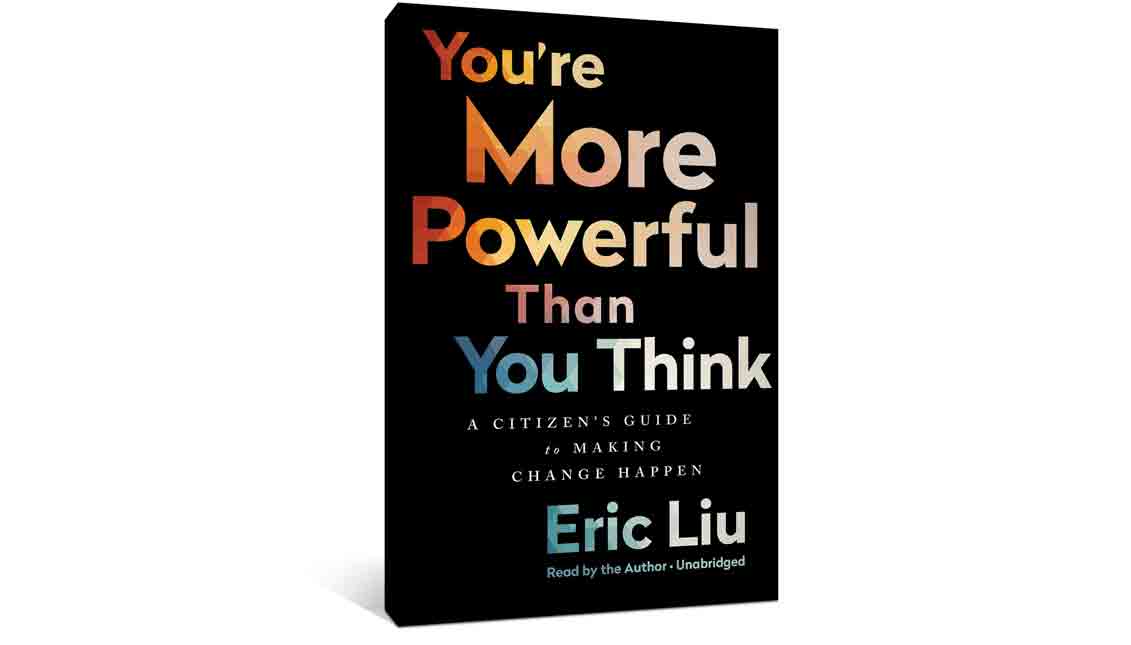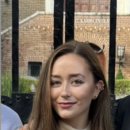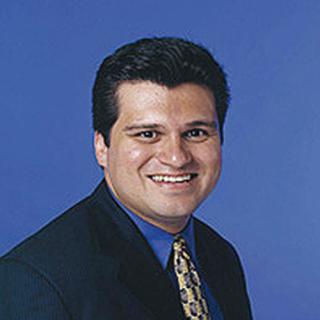
[OP-ED]: Book focuses on why we need power -- and how to get it
MORE IN THIS SECTION
My friend Eric Liu -- who I’ve known since we were both Ivy League graduates and fledgling writers in the mid-1990s, publishing books about ethnic identity -- is planted firmly in the first camp, and he has little patience for anyone in the second.
This could be a problem, seeing how -- as a cynical journalist -- the latter camp is where, these days, I spend most of my time.
A former speechwriter for President Bill Clinton and the executive director of the Citizenship and American Identity Program at the Aspen Institute, Liu is one of the nation’s most important thinkers. Born in Poughkeepsie, New York, to Taiwanese parents, Liu is the founder and CEO of Seattle-based Citizen University which promotes bottom-up citizen power, stronger leadership, respectful dialogue, and positive change.
My friend has learned a lot about power, and he shares the lessons in his new book, “You’re More Powerful Than You Think: A Citizen’s Guide to Making Change Happen.” The idea came from a TED talk that Liu gave in August 2014 that has now been viewed more than 1 million times.
In the book, Liu uses simple but useful analogies to break down what power is, where it comes from, why you need it, and how you get it. From his vantage point, Americans are fulfilling an ancient Chinese curse by living in interesting times -- making our way through an age when the old rules don’t apply. Amid the collapse of familiar institutions and crumbling of power structures, we are in uncharted territory. And change is happening, on both the right and the left. From the election of Trump to “Black Lives Matter” and the Dreamers, ordinary people are doing extraordinary things.
No argument here. But I’m interested in deliverables, and what is being accomplished. The slogan of every movement is something like: “We have power. Respect us.” That doesn’t mean it’s true.
Still, I sensed that, after years of fishing in the pond of ideas, Liu had hooked a big one. And so I tracked him down on his book tour so he could tell me about it.
Arguing that insurgents really have very little power to affect change, I asked him about what we see in any congressional race where you either have an incumbent who is a shoo-in for re-election or an open seat with an establishment-backed preferred candidate who steamrolls the competition.
“Bottom up citizen power never unfolds in a vacuum,” Liu said. “It exists in a framework. You’re still going to have corruption, funding inequalities and other factors. But people can still make tangible change through organizing.”
The way Liu sees it, there is more to measuring political impact than the numbers on the scoreboard. For instance, he said, while Sanders didn’t manage to pry the Democratic nomination away from Hillary Clinton, he did succeed in “shifting the debate” and advancing his issues.
RELATED CONTENT
“It’s too early to say how a lot of this will turn out,” he said. “Throughout American history, the big fights -- over suffrage, deregulation, tax reform, civil rights etc. -- unfolded over long periods of time. But it’s clear there are lots of hierarchies that are cracking right now.”
Since he worked in the White House, I asked Liu when Washington became this place where good smart people go to do nothing. He laughed.
“The federal government is captured by many different special interests,” he noted. “But at the small-town level, you can still get things done.”
For Liu, getting things done begins with getting out of your comfort zone and meeting people with different views.
“Organize,” Liu said. “Join or start a club. Team up with people who want to make the same changes you do. The power you’ll create is infinite.”
This sounds familiar. It’s what Sen. Robert Kennedy, in a famous speech in South Africa, called the “numberless diverse acts of courage and belief” that shape human history.
Liu’s latest act of courage and belief is that he has written an important book on a topic -- power -- that Americans need to understand better. He has a message for us. And we’d be wise to listen.







LEAVE A COMMENT:
Join the discussion! Leave a comment.